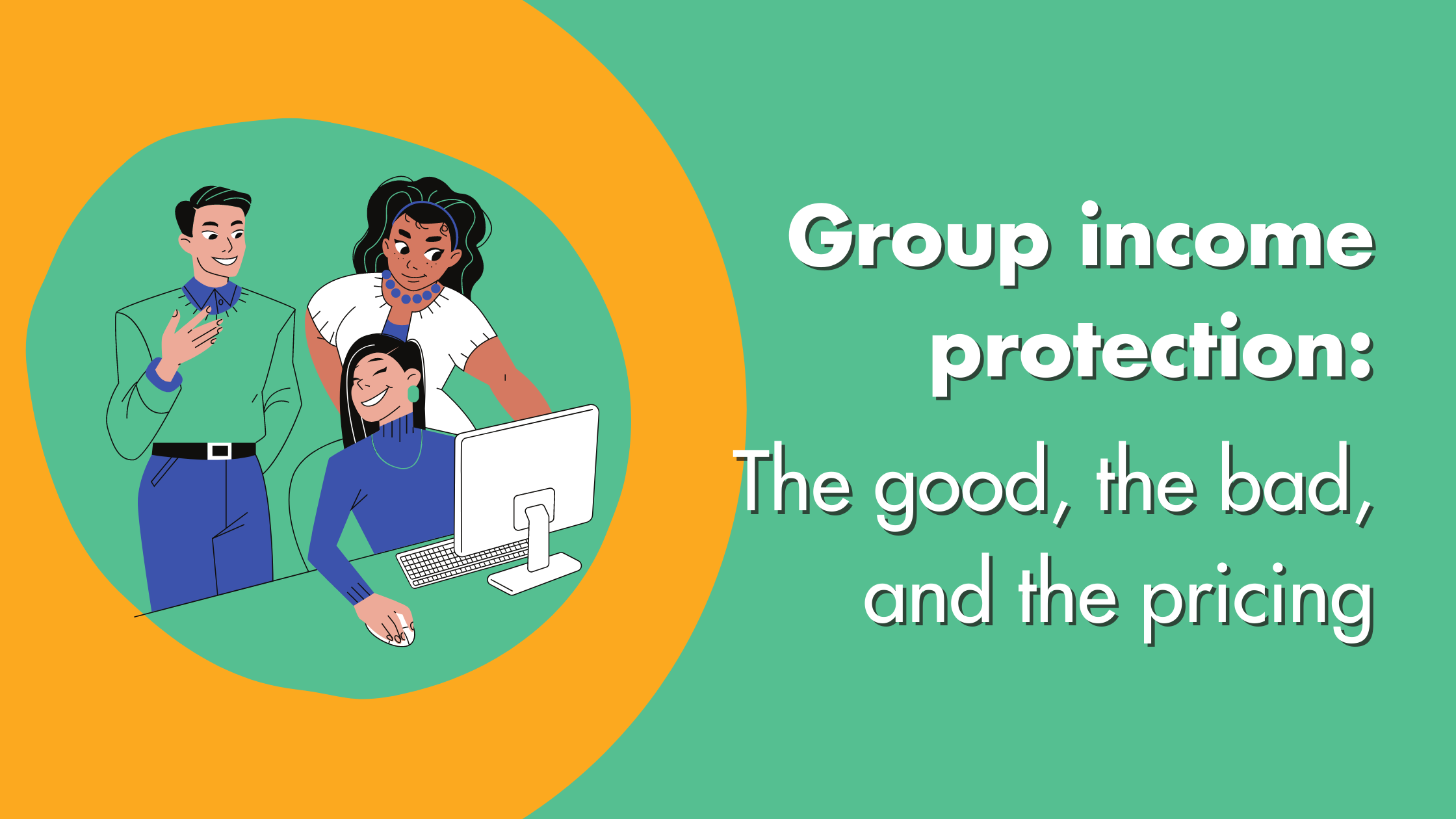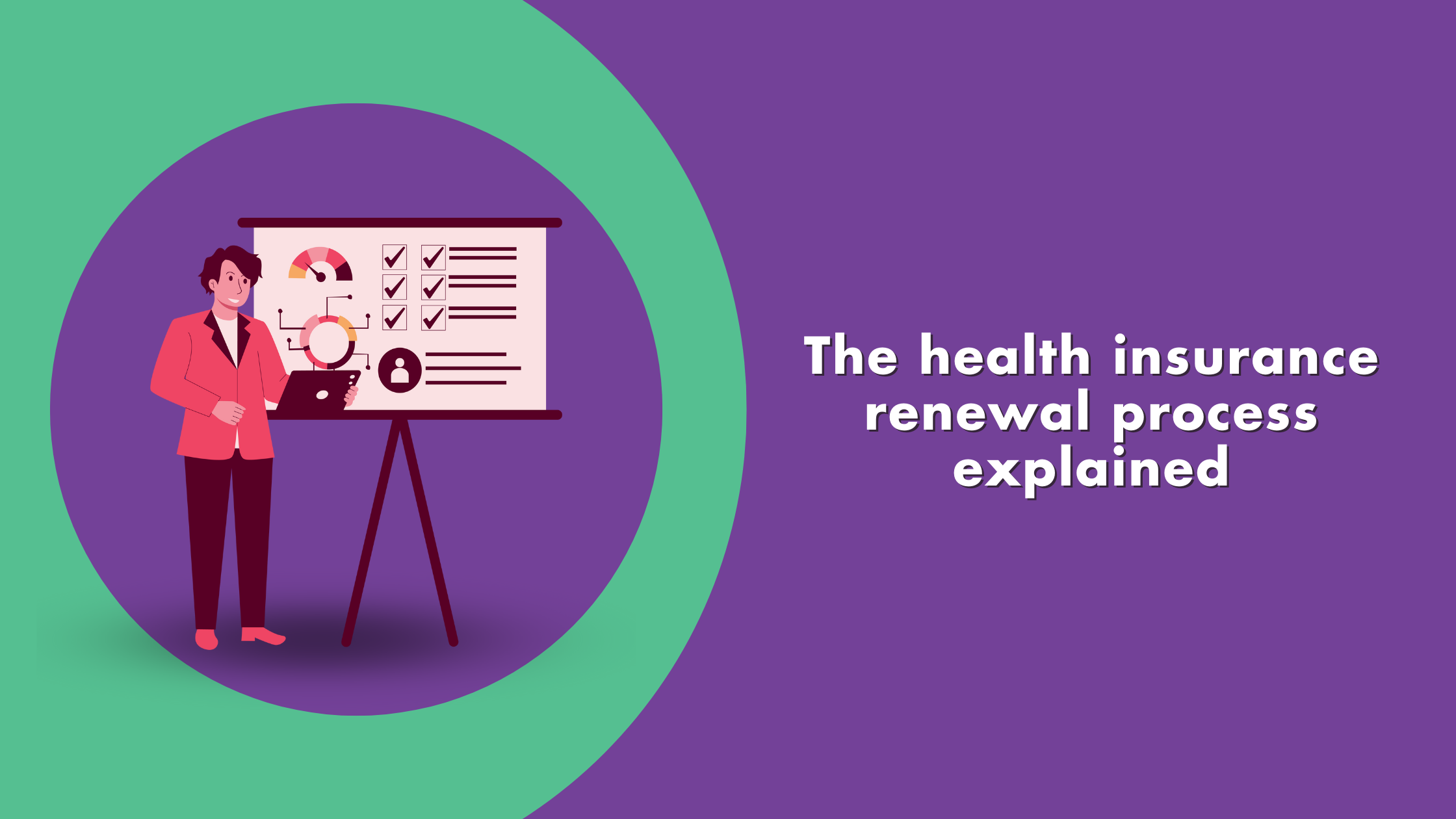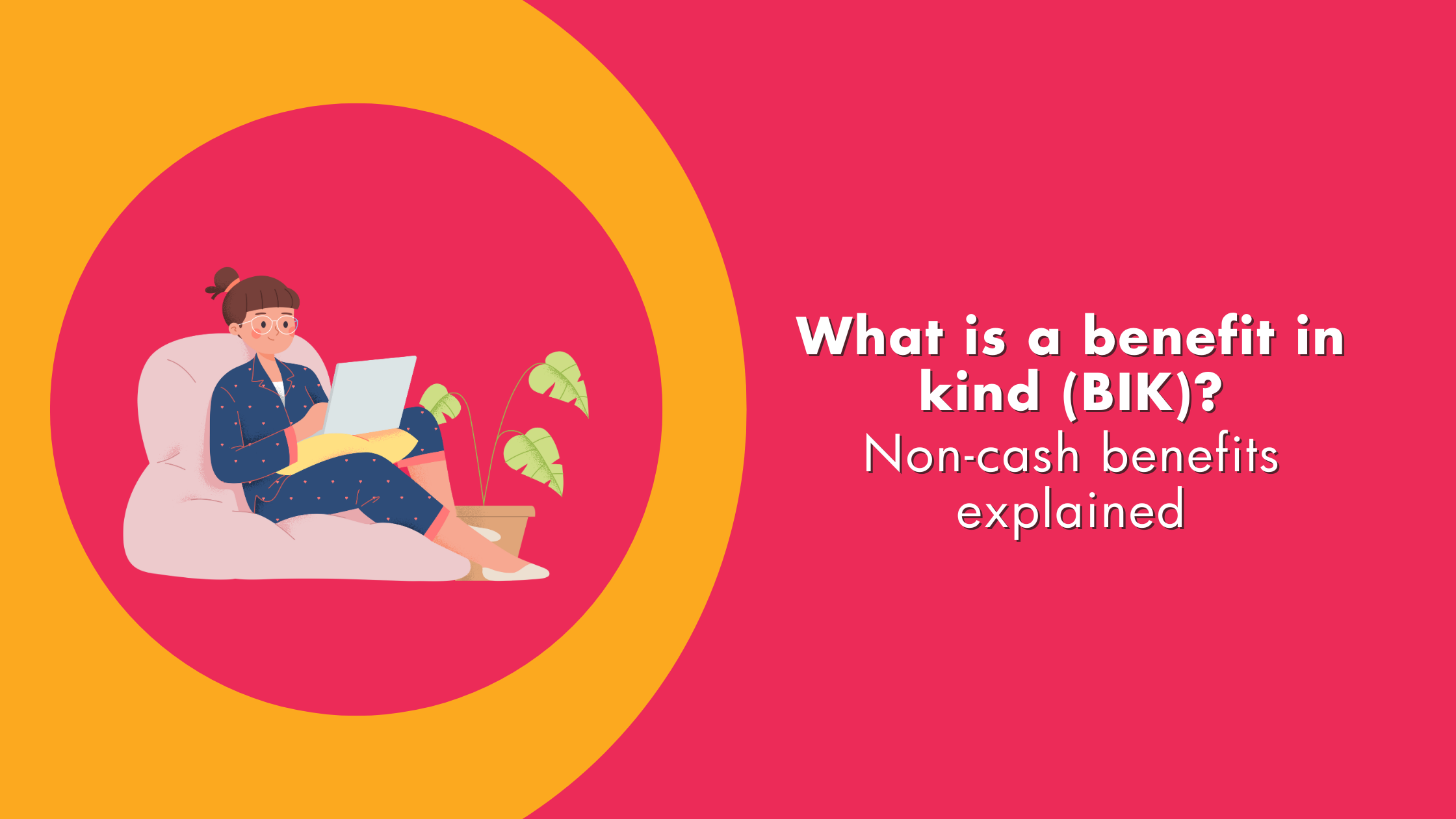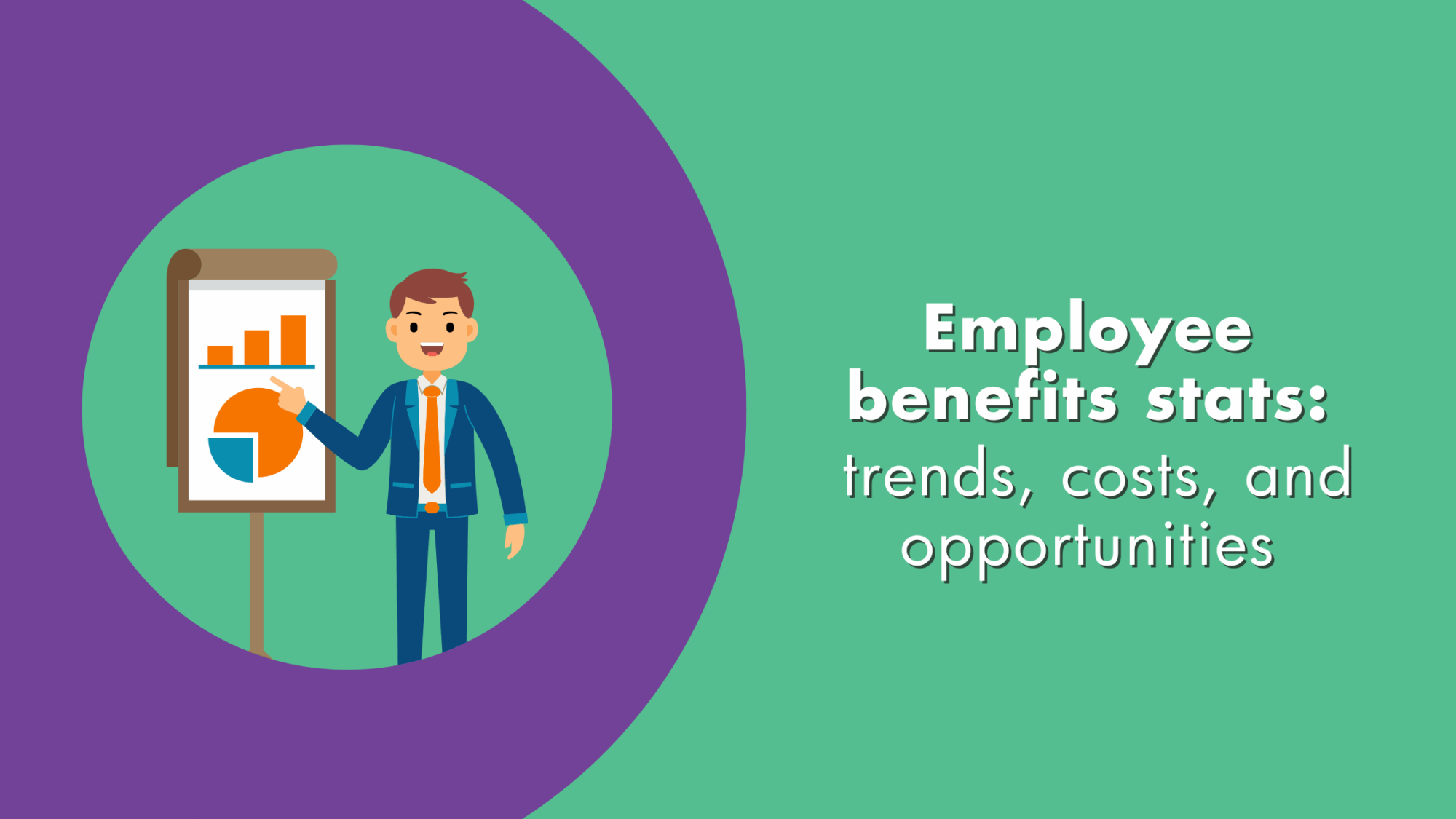Group Income Protection, or as it’s more commonly referred to, employee sick pay, company income protection or business sick pay insurance, is a fantastic benefit.
Whatever you prefer to call it, we absolutely believe that it is the most undervalued employee benefit around- if you disagree, feel free to call our director Charlie Cousins on 01273 222805 as it’s one of his most enjoyable topics to debate on (you’re probably thinking he doesn’t get out much…you’re right)!
In this guide, we are going to review company sick pay insurance and provide some insight into why it should be the number one employee benefit on everyone’s wishlist.
The Good
As well as helping employees financially, group income protection aspires to help prevent and reduce long term absences at your company, such as :
- If an employee is unable to work due to long term illness or injury, group income protection will pay a set proportion of their monthly income.
- Early intervention services are included in the pricing to help assist employees return to work. Insurers will look to fund treatments, role re-training or workplace assessments etc.
- Employers can benefit from corporation tax relief on the premiums for a policy, whilst employees don’t need to worry about tax implications, as it is not a benefit in kind so there is no additional tax to pay.
- Income protection offers generous free cover limits, meaning nine times out of ten, no one will have to complete any medical underwriting forms (except maybe the head honchos on large benefits).
We know how much strain it can place on your business if you’re an SME and one of your staff goes off sick. When taking this into account, can you really afford not to have business sick pay insurance in place?
According to research by the group risk industry 2018 claims survey, 2989 people which accounted 33.1% of all claims were successfully helped back to work before reaching claim stage.
It’s facts like this that show we really need to stop treating group income as an insurance policy, but rather realise that instead, it is as an absence management policy with a last-resort insurance benefit running alongside it.
The Bad
Nothing is perfect and like everything, group income protection can have a few faults in it’s design.
Group income protection allows a maximum of 80% of an employee’s salary to be covered in the event of accident or sickness which will leave employees with a shortfall in their finances.
A recent study by the royal society of arts, showed 30% of people are not managing to survive on their current salary, so a huge part of the UK’s population would struggle to survive taking any hit on their income, as more and more people are living pay-check to pay-check.
We understand that insurers must put this provision in place to prevent people staying off work longer than necessary, and provide incentive to return to work, but fortunately with the introduction of early intervention services that can help fund treatment, we can ensure that the best care is provided and faster returns to work occur.
It is a step in the right direction to making this product ideal for any business, of any size.
The Pricing
Unfortunately, there is no research by any of the insurers relating to the average price per employee for group income protection. It’s not that surprising though, as group income protection isn’t a one size fits all product, like we find with most health and protection insurances.
Group Income Protection pricing can vary depending on occupation, location (cheaper the further south you live- sorry to break the news to our friends up North!), claims, absence history, deferred period, payment period, amongst other things.
That being said, we are happy to review your current arrangements or new policy completely free of charge, as we can also provide helpful tips that we have learnt along the way with our extensive experience in the industry.
As an example, did you know that if you hold group private medical insurance at your business, certain insurers will provide a discount on your premiums? It might be worth checking whether your current broker has taken this into account.
Alternatively, give us a call and don’t worry about rushing around and checking; put your feet up, have a cup of tea and let Hooray review your arrangements on your behalf.
Author

Author: Charlie Cousins
Founder and Director of Hooray Health & Protection, Charlie Cousins has enjoyed a career in the insurance and financial services industry spanning over the last ten years.








![_HPA24 Advice Firm of the Year [YELLOW] _HPA24 Advice Firm of the Year [YELLOW]](https://hoorayinsurance.co.uk/wp-content/uploads/elementor/thumbs/HPA24-Advice-Firm-of-the-Year-YELLOW-qwfw5zs3ef19fjq6cnwf697rj9gwqbf8o6443qptg0.png)
![_HPA24 Best Small Health Insurance Advice Firm [YELLOW] _HPA24 Best Small Health Insurance Advice Firm [YELLOW]](https://hoorayinsurance.co.uk/wp-content/uploads/elementor/thumbs/HPA24-Best-Small-Health-Insurance-Advice-Firm-YELLOW-qwfw5yu97kzz3xrji5hslrgaxvljimbic1gmmgr7m8.png)
![_HPA24 Best Sales & Retention Advice Team [YELLOW] _HPA24 Best Sales & Retention Advice Team [YELLOW]](https://hoorayinsurance.co.uk/wp-content/uploads/elementor/thumbs/HPA24-Best-Sales-Retention-Advice-Team-YELLOW-qwfw5yu97kzz3xrji5hslrgaxvljimbic1gmmgr7m8.png)
![_HPA24 Best Small Protection Advice Firm [YELLOW] _HPA24 Best Small Protection Advice Firm [YELLOW]](https://hoorayinsurance.co.uk/wp-content/uploads/elementor/thumbs/HPA24-Best-Small-Protection-Advice-Firm-YELLOW-qwfw5zs3ef19fjq6cnwf697rj9gwqbf8o6443qptg0.png)